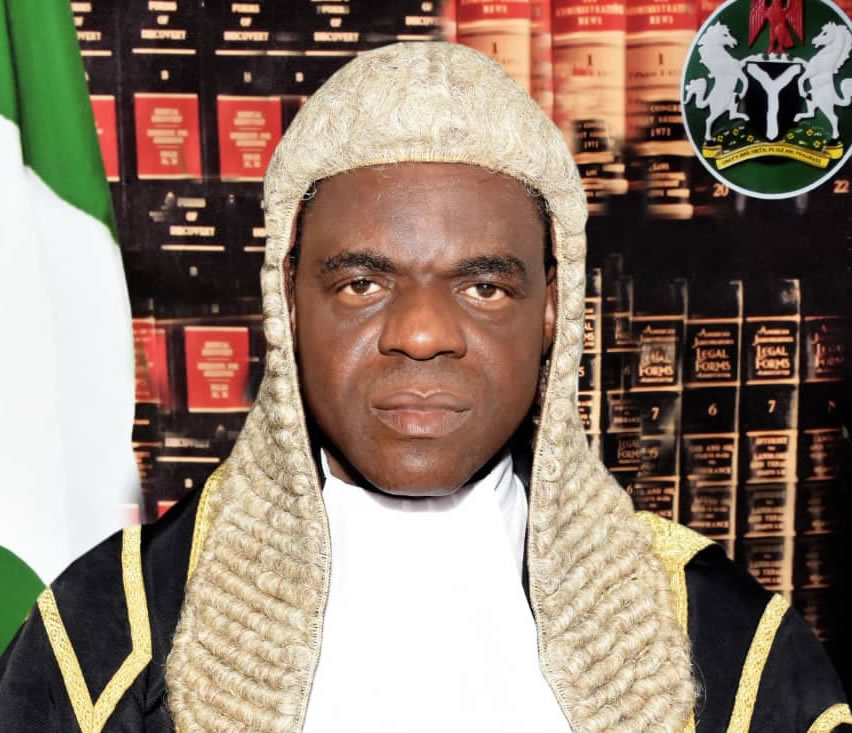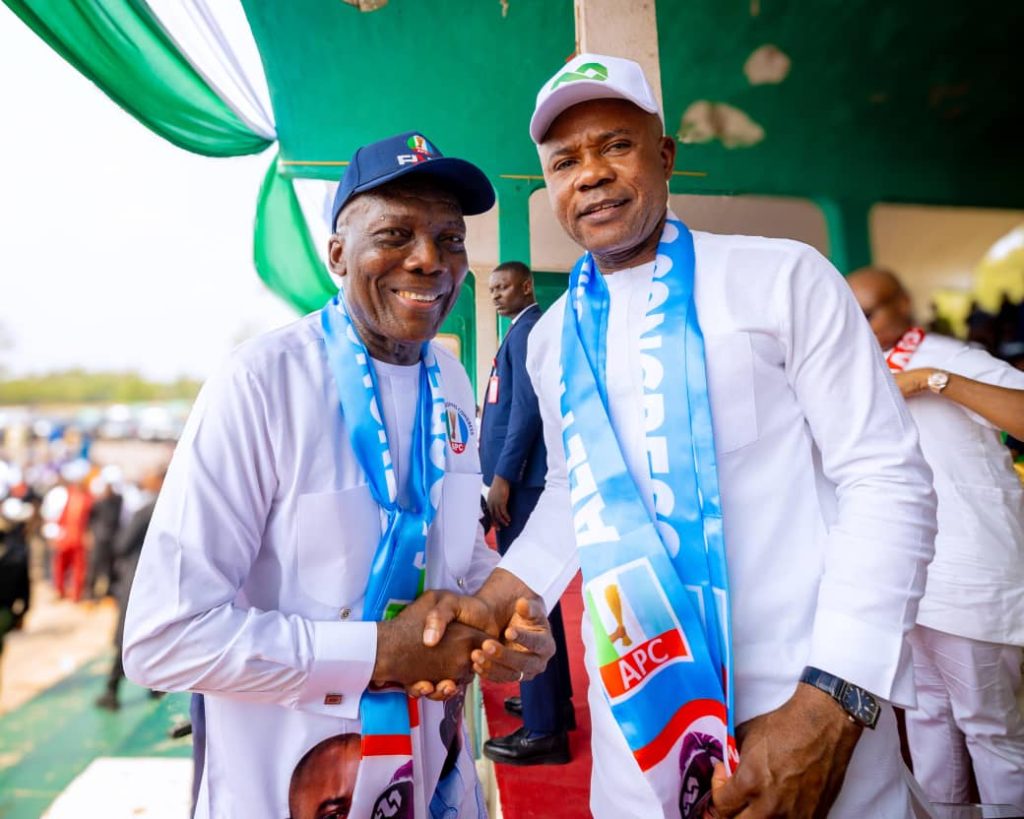A prominent Nigerian leader has called for urgent federal intervention to revitalize the long-stalled Mambilla Hydroelectric Power Project, citing mismanagement and unpaid compensations as key obstacles. Dr. Babangida Aliyu, Chairman of the Sir Ahmadu Bello Memorial Foundation, delivered the appeal during a government-citizen engagement forum in Kaduna, urging President Bola Tinubu’s administration to “change the narrative” of the contentious energy initiative.
Speaking at the two-day event focused on improving public sector accountability, Aliyu criticized the decades-long delays and financial opacity surrounding the 3,050-megawatt project in Taraba State. “Substantial funds have been invested with little visible progress,” he stated, emphasizing that landowners awaiting compensation remain uncompensated despite years of negotiations. The hydroelectric scheme, first proposed in the 1970s and reapproved in 2017, is designed to become Nigeria’s largest power plant but has faced repeated setbacks, including legal disputes and funding challenges.
Aliyu drew parallels to the Baro Port project in Niger State, inaugurated in 2019 but still nonoperational. “A former president was misled into commissioning it prematurely,” he recounted, warning against repeating such “failed promises.” The former Niger State governor also pressed for broader infrastructure investments, including dredging sections of the River Niger to boost regional trade and agriculture.
Analysts note the Mambilla project’s strategic importance for Nigeria’s energy security, with potential to supply 15% of the national grid’s current capacity. However, its troubled history—marked by contractor conflicts and allegations of embezzlement—has drawn scrutiny. Last year, the Economic and Financial Crimes Commission reopened investigations into $200 million reportedly linked to the initiative.
While the Tinubu administration has prioritized infrastructure development under its Renewed Hope Agenda, stakeholders await concrete steps to address the compensation disputes and accelerate construction. Aliyu’s remarks spotlight growing pressure to translate capital injections into tangible outcomes, particularly in northern Nigeria, where energy deficits hinder economic growth. The call aligns with broader demands for transparency in public projects as the government seeks renewed international partnerships to tackle the nation’s power crisis.



